23 Feb Industrial Storage Tank Maintenance Guide: How to Improve Safety in and Around Industrial Storage Tanks
As any site manager will tell you, if your industrial storage tank isn't maintained, sooner or later, you could have a real mess on your hands. Industrial storage tanks are must-haves for worksites in several industries, safely housing liquid materials like diesel fuel, crude oil, water, sewage and chemicals. Whether they're underground or above-ground, these workhorses must be managed safely and require tank maintenance, including inspections and repairs.
Regular fuel storage tank upkeep—including inspections, oil tank cleaning, and repairs—is essential for maintaining operational efficiency and preventing hazards. To ensure you're doing all you can to prolong the effectiveness of your fuel storage tank, let's explore safety practices around storage tanks, discuss necessary fuel tank maintenance procedures, and explain how Dragon Products provides comprehensive support far beyond the initial purchase.

Why Industrial Storage Tank Safety Is Important
Potential hazards lurk in and around crude oil storage tanks. Whether your tank is old or brand new, there is a risk of asphyxiation, fire, entrapment, falls from ladders, chemical exposure and electrical shock. You need a comprehensive workplace safety program that protects workers' health and complies with OSHA regulations. Regular oil tank maintenance and fuel treatment can further minimize these risks, helping to keep your fuel storage tank and operations secure.
Improving Safety Around Industrial Storage Tanks
Fortunately, there are several things you can do to ensure the safety of workers in and around your industrial storage tank. By drawing up a storage tank safety plan and making compliance mandatory, you can avoid workplace injury and improve the effective operation of your worksite. Your safety plan should cover several important topics.
Job Hazard Analysis
A thorough job hazard analysis should be completed when the industrial storage tank arrives on your worksite. This analysis helps you to identify potential risks associated with the setup, operation, and maintenance of the fuel storage tank or crude oil storage tanks. For optimal compliance, create a pre-entry checklist that outlines the hazards, necessary precautions, and tasks to be completed by your workers. This checklist should cover everything from fuel tank maintenance and oil tank cleaning procedures to emergency preparedness protocols.
If unsafe work conditions or unexpected risks are identified during the hazard analysis, explore safer alternatives, such as upgrading fuel monitoring systems or scheduling more frequent industrial storage tank maintenance inspections. Regular reassessments of your job hazard analysis are also essential as workplace conditions, regulations, and equipment evolve, ensuring the ongoing safety of your team.
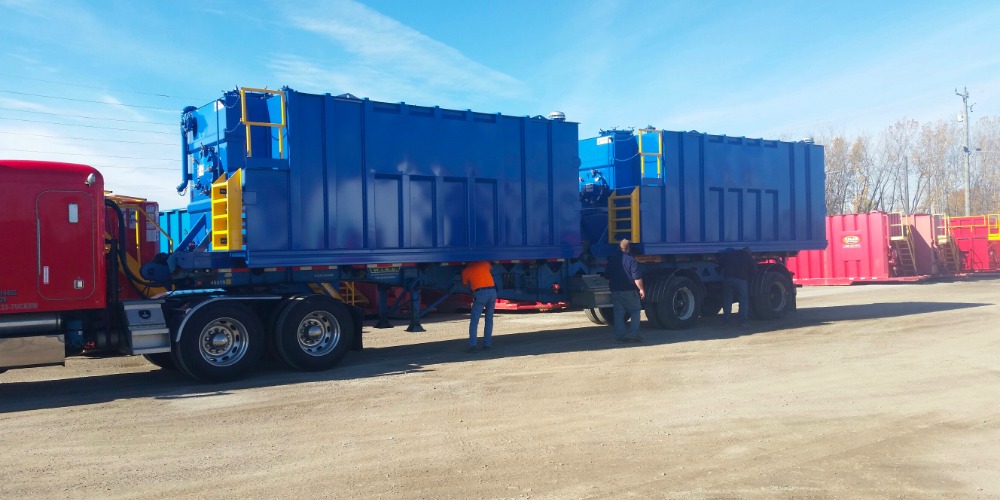
Space Assessment
When workers need to enter an industrial storage tank for any reason, they must use the Confined Space Entry Permit system. OSHA created this system to protect workers from injury when performing tasks in confined spaces. OSHA defines a confined space as one that:
- "Is large enough and so configured that an employee can bodily enter and perform assigned work.
- "Has limited or restricted means for entry or exit (for example, tanks, vessels, silos, storage bins, hoppers, vaults, and pits are spaces that may have limited means of entry.)
- "Is not designed for continuous employee occupancy."
Before entering a confined space like an industrial storage tank or fuel storage tank, workers and supervisors must complete the Confined Space Entry Permit, ensuring all safety protocols are followed. This process involves a thorough evaluation of the space to establish acceptable conditions for entry. Each time an employee enters the confined space, the permit is completed by an Environmental Health & Safety (EHS) inspector, communicated to all involved personnel, and posted near the industrial storage tank to ensure transparency and compliance.
Enhanced Visibility
Given that industrial storage tanks and fuel storage tanks often have limited entry and exit points, ensuring these areas are well-lit is essential for worker safety. Sufficient lighting reduces the risk of accidents such as slips, falls, or improper use of equipment during industrial storage tank maintenance or oil tank cleaning. Installing reliable lighting systems both inside and around the industrial storage tank will improve visibility, enabling workers to perform their tasks efficiently and reducing the likelihood of injury.
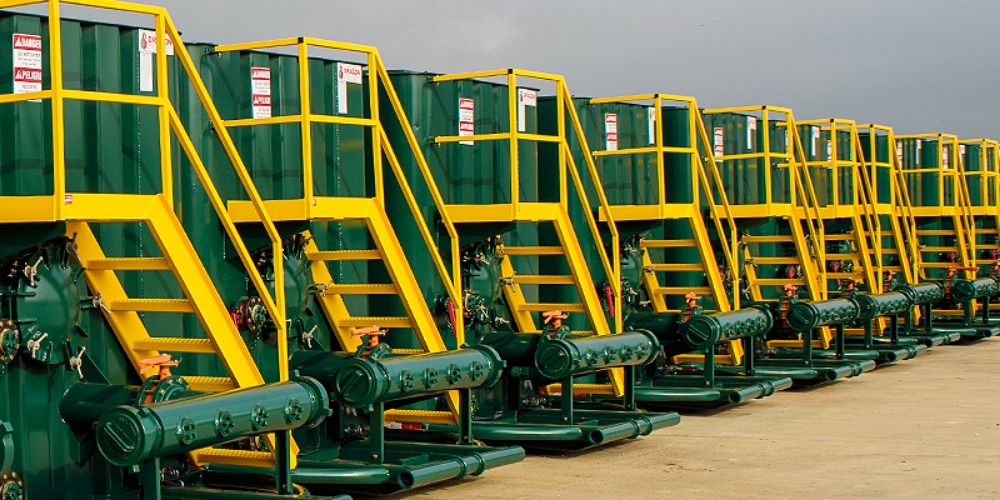
Proper Protection
Workers must use appropriate personal protective equipment (PPE) when accessing industrial storage tanks and fuel storage tanks. Essential PPE includes items such as earplugs, respirators, gloves, and eye protection. As the worksite manager, it's your responsibility to make this equipment easily accessible and mandate its use. In addition to PPE, you must ensure workers are equipped with proper fall protection gear and the right tools for fuel tank maintenance, oil tank cleaning, and other tasks. Regular checks on monitoring equipment are also necessary to prevent exposure to hazardous materials or unsafe conditions during industrial storage tank maintenance operations.
Emergency Procedures
Collaborate with local emergency responders to develop a comprehensive emergency response plan for incidents involving industrial storage tanks. In the event of a worker fall, chemical exposure, or any other emergency, having a well-documented procedure is a must. Ensure this emergency protocol is clearly posted near the storage tank, alongside important contact numbers for immediate assistance. Regular drills and updates to the procedure will help keep workers prepared and minimize response times in critical situations.
Increased & Continuous Safety Training
Safety protocols for your industrial storage tank must be reviewed regularly to ensure they remain effective, incorporate new strategies, and identify areas for improvement. Periodic safety audits and feedback from workers—who are directly exposed to daily operations around fuel storage tanks and crude oil storage tanks—can provide valuable insights for refining procedures. It's essential to clearly communicate all safety duties, controls, and expectations to employees, ensuring they understand the proper protocols for industrial storage tank maintenance, oil tank cleaning, and fuel tank maintenance. Ongoing training reinforces these measures, helping to maintain a safe and compliant worksite.
What's the Worst That Could Happen?
Water vapor and bacteria can result from a lack of tank maintenance. Water vapor condenses, causing microbial growth, which in turn results in microbial contamination in the fuel system. This means you're going to incur hefty repair costs and lose the services of your fuel storage tank while it's being fixed. If you notice a change in fuel color, it's a good indication that your fuel is contaminated. When this happens, you may experience:
- Reduced combustion efficiency
- Increased pour and cloud point
- Unsatisfactory detergency
- More corrosion in fuel components
- Clogged fuel filters
Keeping Your Industrial Storage Tank Clean 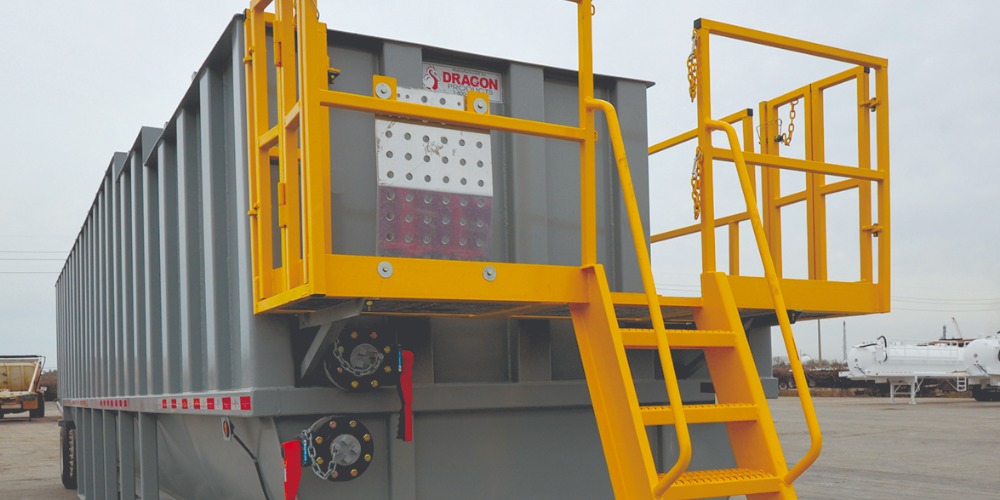
To avoid contamination of your fuel or crude oil tank, it's best to prevent bacteria from forming in the first place. You can do this by performing the following fuel tank maintenance:
- Fuel Monitoring: Ensure there is periodic sampling and testing of your
fuel.
- Fuel Storage Maintenance: Minimize exposure to water through fuel tank
insulation and routine discharge of water from the bottom of the tank.
- Cleaning: Remove sludge regularly and perform scheduled cleanings.
- Fuel Treatment: Use EAP-approved diesel fuel biocides between tank
cleanings.
To avoid contamination of your fuel or crude oil tank, it's best to prevent bacteria from forming in the first place. You can do this by performing the following fuel tank maintenance:
- Fuel Monitoring: Ensure there is periodic sampling and testing of your fuel.
- Fuel Storage Maintenance: Minimize exposure to water through fuel tank insulation and routine discharge of water from the bottom of the tank.
- Cleaning: Remove sludge regularly and perform scheduled cleanings.
- Fuel Treatment: Use EAP-approved diesel fuel biocides between tank cleanings.
Dragon Tanks & Trailers: See Where the Magic Happens
Explore our tanks and transports facility in La Porte, Texas, and follow the process from construction to the finished product.
FAQs: Industrial Storage Tanks
Below, we've answered a few common questions concerning storage tanks. Please let us know if you need additional information.
What types of materials are typically stored in industrial storage tanks?
Industrial storage tanks can house several types of materials, including diesel fuel, crude oil, chemicals, water, sewage, and other liquid or gaseous substances. The tank's design and material depend on the type of product being stored and the industry it serves.
What are the signs that an industrial storage tank requires maintenance?
Some common signs that you need to service your fuel storage tank include corrosion or rusting on the tank's exterior, leaks, fluctuating pressure levels, contamination of stored materials, and inefficiencies in temperature control. Early identification of these issues helps prevent more serious problems.
How does fuel treatment impact storage tank performance?
Fuel treatment involves adding stabilizers, biocides, or other chemicals to prevent contamination, degradation, or microbial growth in stored fuel. Regular fuel treatment ensures better fuel quality, prevents corrosion in the fuel storage tank, and enhances overall efficiency.
How often should industrial storage tanks be inspected?
Regular inspections are crucial to ensure the safety and functionality of your storage tanks. Depending on the type of tank and the materials stored, inspections should be conducted annually or more frequently if required by regulations or after significant operational changes.
Shop Dragon Products for the Finest Industrial Storage Tanks
Dragon Products manufactures the industrial storage tanks that customers trust. Using a combination of in-house engineering, massive production capacity, and a knowledgeable support team, Dragon produces the tanks that you need for your job site. Constructed of heavy-duty steel and other quality materials, our frac tanks (or "mud tanks") are manufactured in the U.S. using heavy-duty steel and other quality materials. Dragon's support team is here for you 24/7, from the time you place your order and for as long as you own your tank. Let's find the industrial storage tank that works for you!
CONTACT US


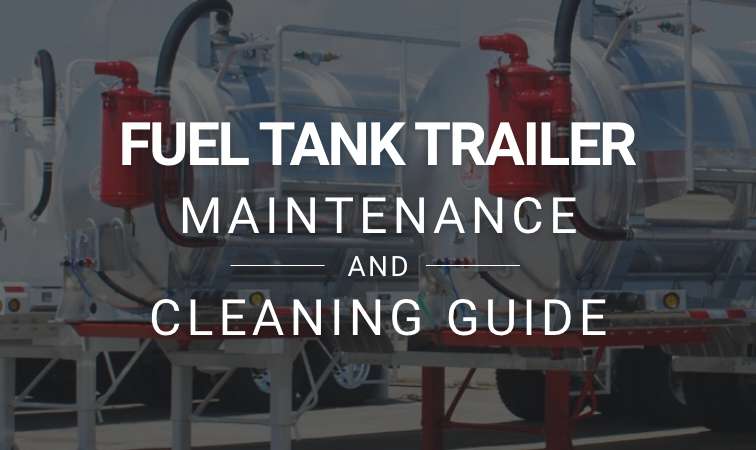
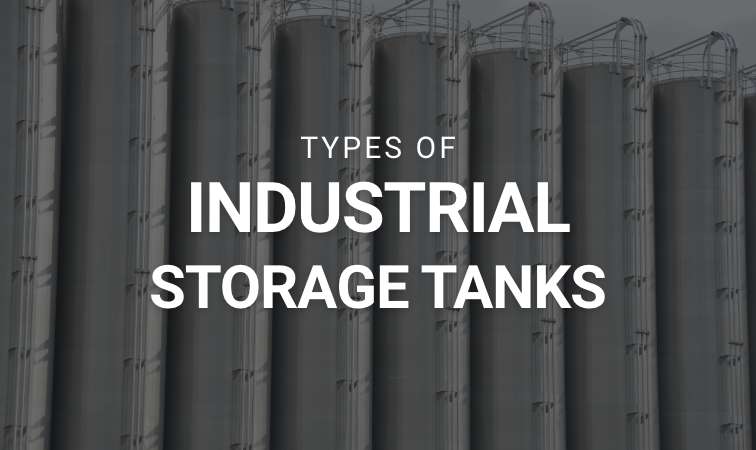
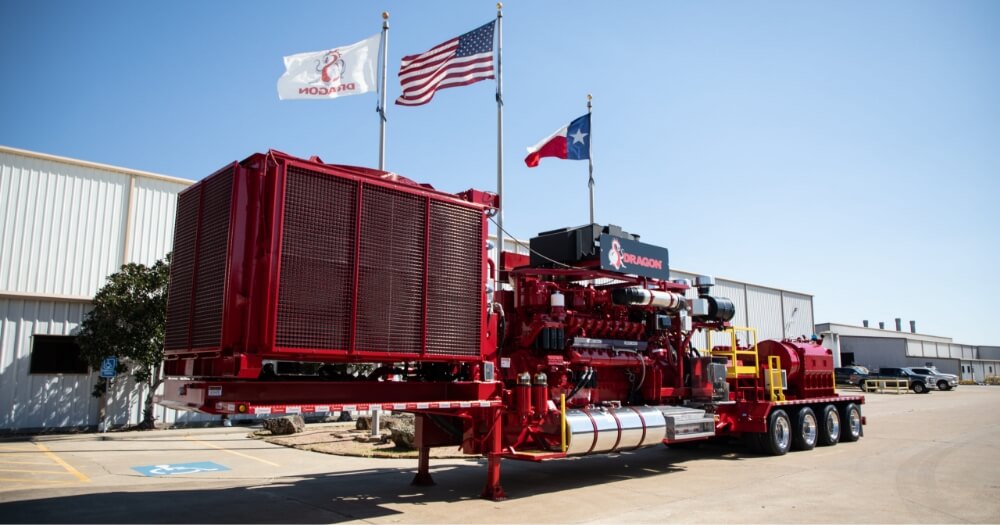
Sorry, the comment form is closed at this time.